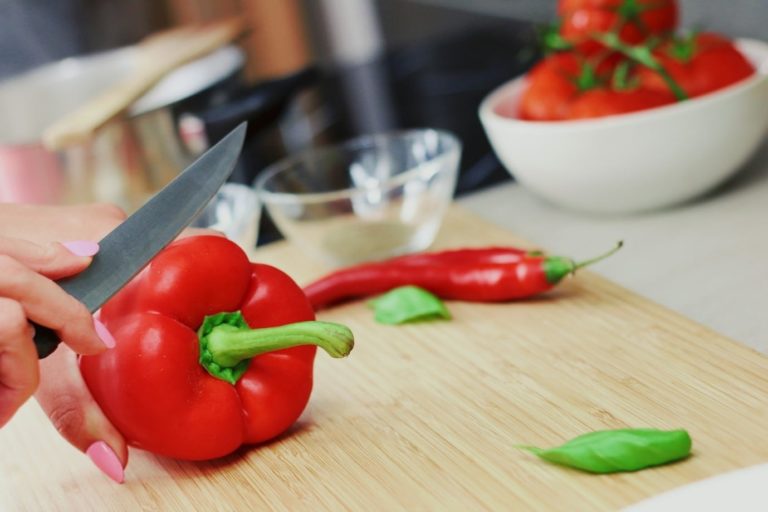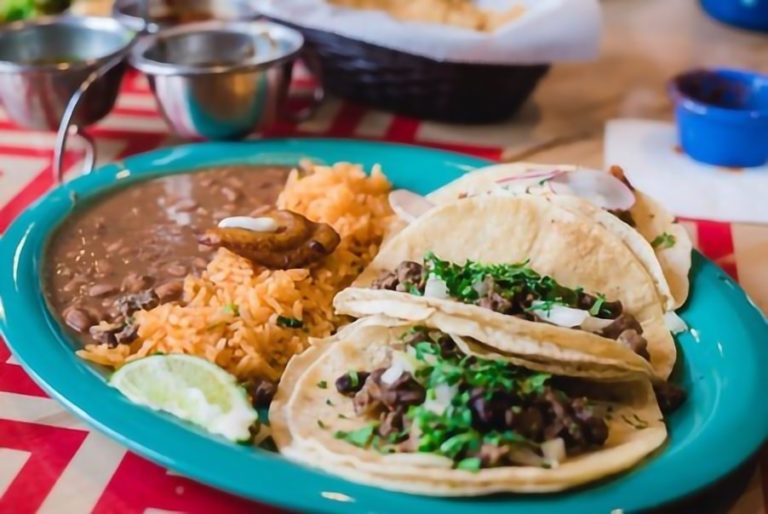Best Ways & Tips To Keep Food Fresh During Travel
Perhaps true now more than ever, leisure plays an important role in everyone’s life. It’s crucial to remember to take breaks and do things that you enjoy from time to time.
Whether it’s spending time with friends and family, reading a good book, or taking a break from social media for a while, breaking up your routine is good for the soul.
One of the most common and delightful ways to break up the monotony of everyday life is to travel. From a mountain hike to an adventure trip, or a trip to foreign soils, there’s nothing like going on a getaway to add a fresh perspective to your life. But there are various obstacles in traveling long distances through air, road, or rail.
These hindrances include getting jet lag, travel sickness such as vomiting, packing and unpacking bags (if your trip is a long one), language barriers, cost factors, etc. But, there is often a problem that is neglected when planning to travel – keeping your food fresh during travel.
You cannot solely depend on outside eateries and foods like chips, etc. for the whole duration of your trip – it’s expensive and monotonous as well as not being the healthiest food option.
So, you need a way to take some home-cooked food along with you. It can be done, but it requires proper planning as to how to keep the food fresh and prevent it from going to waste.
How to Keep the Food Fresh During Travel
Generally, there are problems with storing food for a long time. It implies that long road trips will be more vulnerable to bad food. Following are some of the tips and ways to keep delicious home food free from damage.
1. Carry a cooler
Carrying a cooler along with you is one of the safest options if you have enough space in your car or bus. These come in different sizes to cater to your needs. An important thing to keep in mind when buying a cooler is to check whether it has the bottom drain to release melted ice or not.
An ideal or a good cooler has lid gaskets. This helps the cooler to remain airtight and keeps your food longer than the ones without the gasket. Keep the coolers a bit open from the upper part for small time periods to regulate the flow of cool air when you are not using them.
2. Items with long life
You must prefer taking food items that are pre-cooked. Sliced meat or pre-cooked meat, pasta salad, cheese, baked beans, and other food items that are already cooked are the best options for long road trips. Avoid carrying raw items like raw meat or perishable items as they will rot faster than other items.
3. Choose the right veggies & fruits
When you are planning a trip, ensure that you carry the freshest fruits and vegetables with you. Buy them a day before or on the day you depart from your town or city. This will aid in extending the longevity of the food.
Moreover, you should not wash fruits and vegetables if you are carrying them in storage bags. These bags will extend the freshness period only if the food is dry; otherwise, it will lead to early rotting of the contents.
4. Pre-chilling process
It is convenient to pre-cool the cooler a night before you set off the trip. Empty 1 or 2 bags of ice into the cooler. Fill the rest of the cooler with tap water. When you leave for the trip, ensure that you empty the same.
The whole process will extend the life of the food as the cooler was already cooled before the food was packed into it.
5. Double-check while packing
It is crucial to pack the food items in a cooler logically and in sequence. You should ensure that the lid gasket must not be opened for a very long time. Also, place the items supposed to be consumed first on top and the food to be taken last on the bottom of the cooler.
This is because the cold air has the property to travel down – we all remember that hot air rises, and this means that cool air will sink. Therefore, it will cool the bottom-most items comparatively more than the upper items.
This will result in more freshness of the food. Foods with more perishability must be kept above the ice. Dry food must be separated while packing the food items in zip-packets or air-tight containers or in a glass jar.
6. Create your ice packs
It is a fact that the life of crushed ice is shorter than that of ice blocks or ice packs. Therefore, it is highly recommended to make your own ice packs at home and place it in the cooler. Do not depend much on small pieces of crushed ice.
These ice packs can be created in big milk jugs or a two-liter bottle. Use drinking water to make these packs. An added advantage of these ice boxes (packs) is that they can also help you in getting more drinking water once they melt down.
Road trips are well known for making memories, but make sure it’s good memories you’re creating with an abundance of well packed, good food.
Here are some important tips for going on road trips:
- Always carry a pack of chewing gum or oranges with you. This is especially for people with motion sickness. But, this tip is also helpful for all travelers when the roads are steep.
- Ensure that the traveling vehicle is comfortable, insured, and serviced properly.
- Always have a medical kit (First-aid) for any emergency during the road trip.
- Load the items less required first. Keep the essential items like charger, water, pillows, food etc. last so that they are in an easy reach of the traveler.
- Lastly, keep some dry fruit with you in food storage jars and have them regularly to boost yourself.
There’s something quite pleasurable about planning and executing a long journey or road trip. Packing and storing food as you go is an important part of the process.
Follow our tips and you’ll always have plenty of snacks and food that has been kept fresh throughout the journey and will keep everybody happy!







